
80 Plus is a voluntary certification program intended to promote efficient energy use in computer power supply units (PSUs). It certifies products that have more than 80% energy efficiency at 20%, 50% and 100% of rated load, and a power factor of 0.9 or greater at 100% load.
CONTACT
- Website: https://plugloadsolutions.com/80PlusPowerSupplies.aspx
- Onwership: Ecova
Carbon footprint calculation for screen art productions. Predict your footprint, report it to broadcast/funders and compare it against our database of over 1.000 productions.
The goal of this project is to introduce collaboration between the electric utility and data centres in order to allow demand response services by the data centres which could avoid consumption peaks (thus decreasing stress on the grid) and better integrate non-manageable renewable energy sources.
The Blue Angel is an ecolabel developed by the German Ministry of Ecology since 1977, which guarantees that a good or service meets high standards in terms of health, climate, water and resources characteristics. The products are evaluated across their entire life cycle, and criteria are developed for each individual product group. In particular, the end of life of hardware is considered.
BT offers products and services that can vastly reduce your carbon emissions, from enabling your mobile workforce, to streamlining your IT infrastructure. The calculator proposed by British Telecom helps estimate the carbon emission savings associated with the products and services developed by the company. Various services are assessed, from reducing unnecessary travel through video conferencing to decreasing power consumption through virtual datacentres.
These calculators can help you estimate those savings:
CEEDA is an energy efficiency assessment framework for data centers, addressing best practices which directly impact OPEX, providing a globally applicable certification and guidance on optimizing deployment of labour and CAPEX to maximize performance. The assessment certification is based upon 70-80% of the EU Code of Conduct for Data Centres (Energy Efficiency) best practices and covers management, IT equipment, cooling, power systems, data centre build design considerations and monitoring. There are 3 award levels: bronze, silver and gold.
The CLEER (Cloud Energy and Emissions Research) Model is a comprehensive user friendly open-access model for assessing the net energy and emissions implications of cloud services in different regions and at different levels of market adoption. The model aims to provide full transparency on calculations and input value assumptions so that its results can be replicated and its data and methods can be easily refined and improved by the research community.
The Code of Best Practices for Green ICT aims to raise awareness about Green ICT in the European ICT community. Easily implemented, cost saving best practices are presented to organizations as well as individuals in order to enable them to work in more sustainable, energy efficient ways.
CONTACT
- Website: http://www.cepis.org/media/CEPISCodeofBestPracticesforGreenICT1.pdf
- Onwership: Council of European Professional Informatics Societies
The main goal of CoolEmAll is to provide advanced planning and optimisation tools for modular data centre environments. Once developed, these tools should help to minimise the energy consumption, and consequently the CO2 emissions of the IT infrastructure with related facilities.
This guide accompanies an Excel tool which is designed to help Further and Higher Education (FHE) Institutions estimate the costs and carbon emissions of thin versus thick client PCs over a given evaluation period.

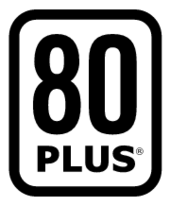
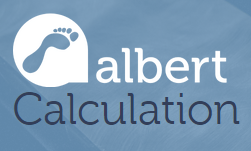
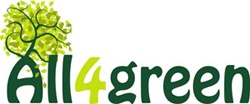
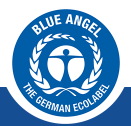
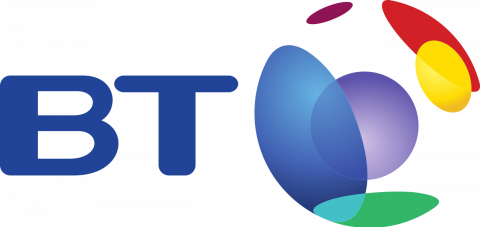

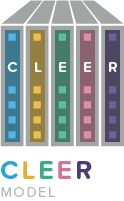
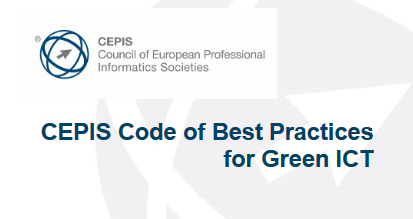
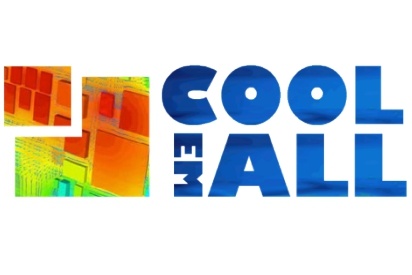
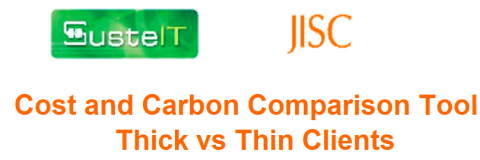


 © 2018 ICTFOOTPRINT.eu – ICTFOOTPRINT.eu has received funding from the European Commission’s Horizon 2020 research and innovation programme under the Grant Agreement no 690911. The content of this website does not represent the opinion of the European Commission, and the European Commission is not responsible for any use that might be made of such content.
© 2018 ICTFOOTPRINT.eu – ICTFOOTPRINT.eu has received funding from the European Commission’s Horizon 2020 research and innovation programme under the Grant Agreement no 690911. The content of this website does not represent the opinion of the European Commission, and the European Commission is not responsible for any use that might be made of such content.